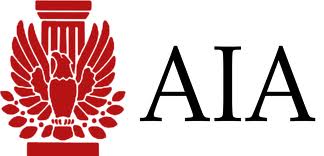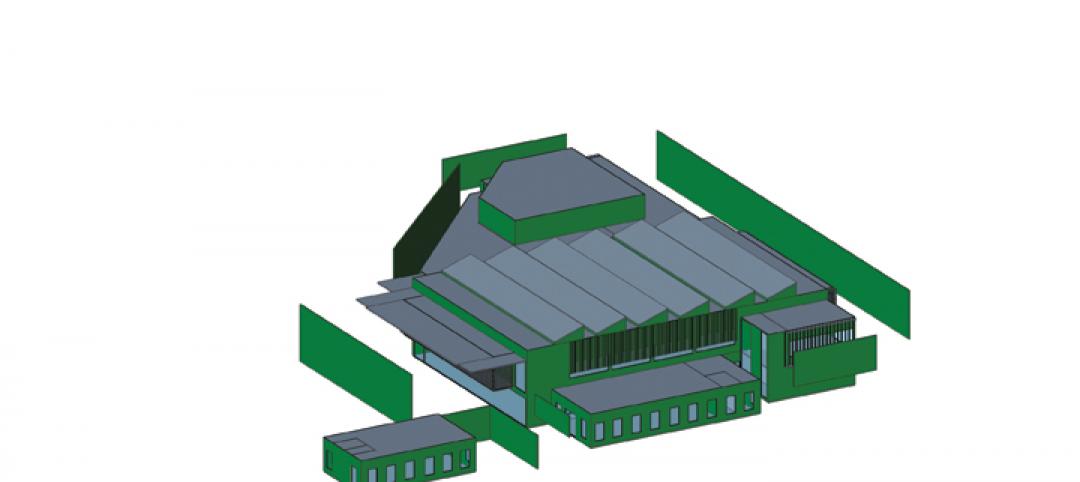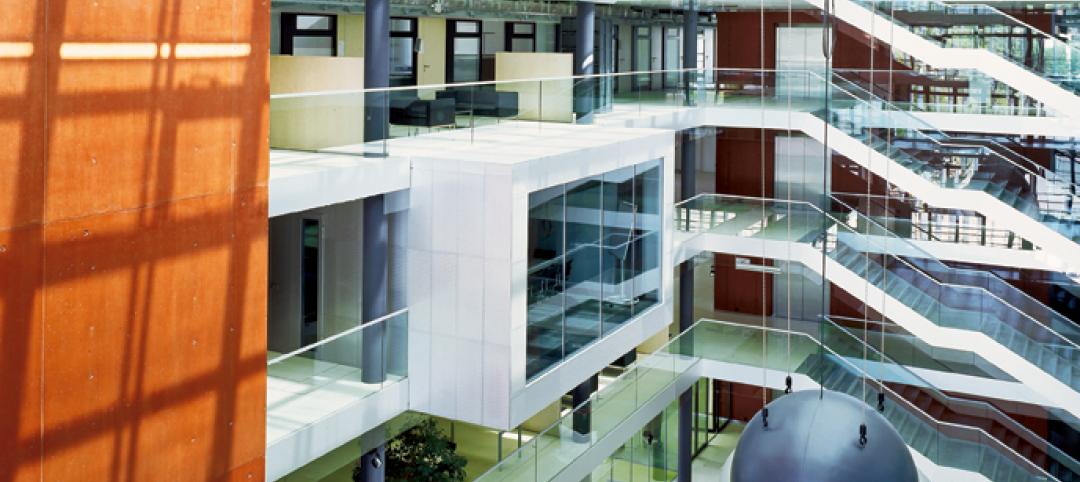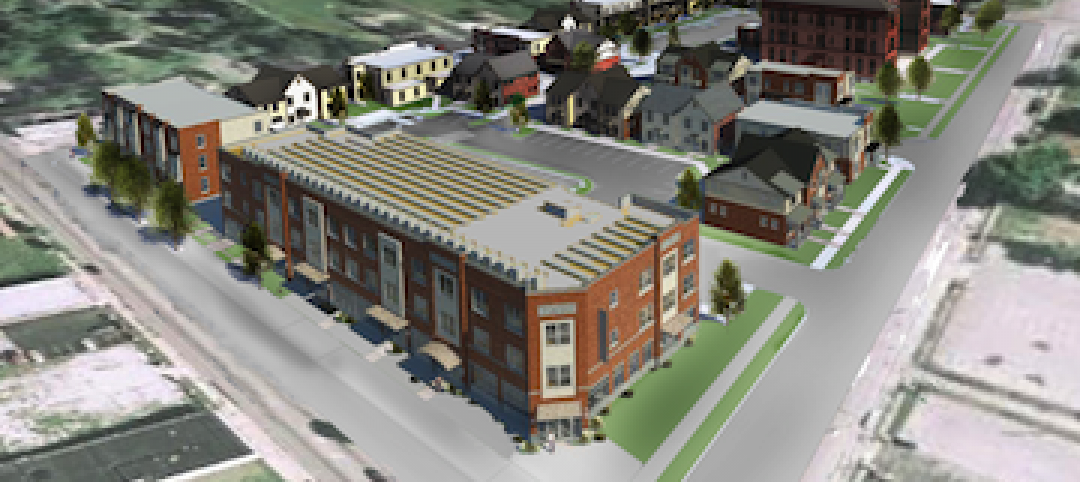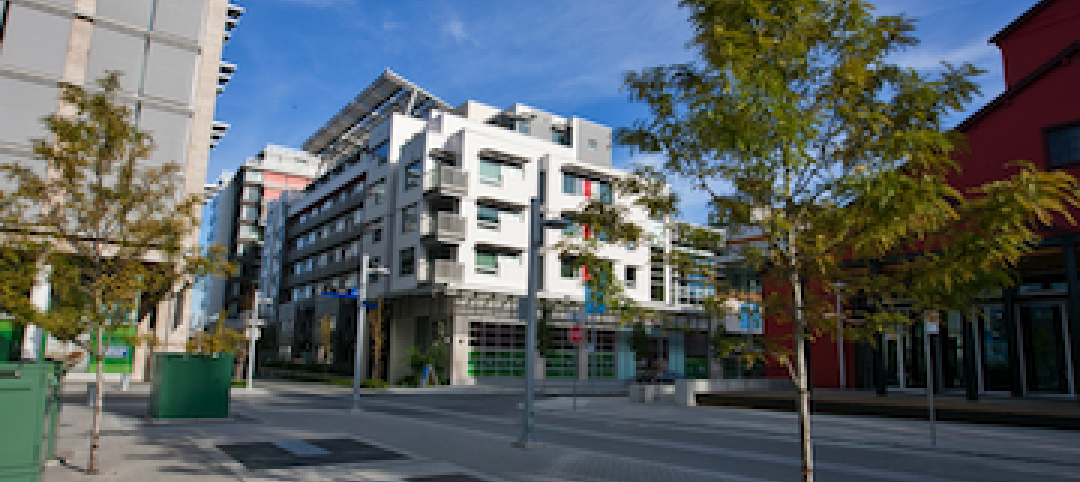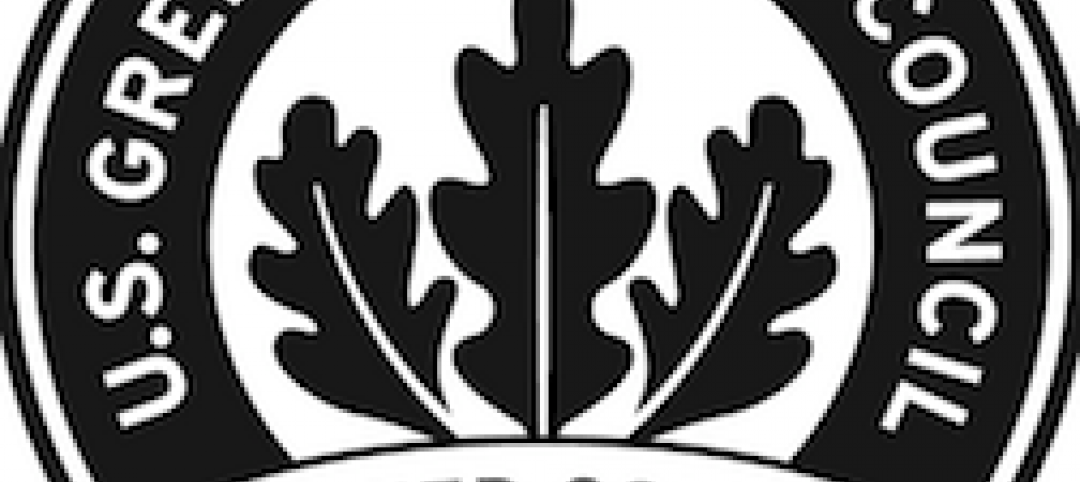Five AIA Contract Documents are going green. Developed using AIA’s flagship documents as a base, and incorporating concepts and model language from the AIA’s Guide for Sustainable Projects, the new documents address the unique roles, risks and opportunities encountered on sustainable design and construction projects.
“The development of these new documents for sustainable projects is a natural next step following the release of the Guide for Sustainable Projects in the spring,” said Ken Cobleigh, Managing Director and Counsel for AIA Contract Documents Content. “We continue to see a demand for incorporating sustainable elements in projects. The AIA Contract Documents program continues to revise existing documents and develop new documents and guides, as necessary, to remain current with trends and changes in the industry and law.”
The new AIA Contract Documents created for use on sustainable projects include:
- A101-2007 SP, Standard Form of Agreement between Owner and Contractor, for use on a Sustainable Project where the basis of payment is a Stipulated Sum
- B101-2007 SP, Standard Form of Agreement Between Owner and Architect, for use on a Sustainable Project
- A201-2007 SP, General Conditions of the Contract for Construction, for use on a Sustainable Project
- C401-2007 SP, Standard Form of Agreement Between Architect and Consultant, for use on a Sustainable Project
- A401-2007 SP, Standard Form of Agreement Between Contractor and Subcontractor, for use on a Sustainable Project
AIA Document D503-2011, Guide for Sustainable Projects, including Agreement Amendments and Supplementary Conditions, was released by the AIA in May 2011. In the short time since it was released, over 4,000 users have downloaded the Guide. In addition to providing model language that may be used to amend or supplement AIA Contract Documents for design-bid-build projects, the Guide discusses the applicability of key concepts to other delivery models such as design-build, construction management and integrated project delivery.
Because the AIA believes the Guide is an important resource for the design and construction industry, it is available as a free download at www.aia.org/sustainableprojectsguide.
These new documents will be available in the first quarter of 2012 as part of the new AIA Contract Documents service and AIA Documents on Demand. To purchase these and other AIA Contract Documents, please go to http://www.aia.org/contractdocs/index.htm. BD+C
Related Stories
| Nov 2, 2010
Energy Analysis No Longer a Luxury
Back in the halcyon days of 2006, energy analysis of building design and performance was a luxury. Sure, many forward-thinking AEC firms ran their designs through services such as Autodesk’s Green Building Studio and IES’s Virtual Environment, and some facility managers used Honeywell’s Energy Manager and other monitoring software. Today, however, knowing exactly how much energy your building will produce and use is survival of the fittest as energy costs and green design requirements demand precision.
| Nov 2, 2010
Yudelson: ‘If It Doesn’t Perform, It Can’t Be Green’
Jerry Yudelson, prolific author and veteran green building expert, challenges Building Teams to think big when it comes to controlling energy use and reducing carbon emissions in buildings.
| Nov 2, 2010
Historic changes to commercial building energy codes drive energy efficiency, emissions reductions
Revisions to the commercial section of the 2012 International Energy Conservation Code (IECC) represent the largest single-step efficiency increase in the history of the national, model energy. The changes mean that new and renovated buildings constructed in jurisdictions that follow the 2012 IECC will use 30% less energy than those built to current standards.
| Nov 1, 2010
Sustainable, mixed-income housing to revitalize community
The $41 million Arlington Grove mixed-use development in St. Louis is viewed as a major step in revitalizing the community. Developed by McCormack Baron Salazar with KAI Design & Build (architect, MEP, GC), the project will add 112 new and renovated mixed-income rental units (market rate, low-income, and public housing) totaling 162,000 sf, plus 5,000 sf of commercial/retail space.
| Nov 1, 2010
John Pearce: First thing I tell designers: Do your homework!
John Pearce, FAIA, University Architect at Duke University, Durham, N.C., tells BD+C’s Robert Cassidy about the school’s construction plans and sustainability efforts, how to land work at Duke, and why he’s proceeding with caution when it comes to BIM.
| Nov 1, 2010
Vancouver’s former Olympic Village shoots for Gold
The first tenants of the Millennium Water development in Vancouver, B.C., were Olympic athletes competing in the 2010 Winter Games. Now the former Olympic Village, located on a 17-acre brownfield site, is being transformed into a residential neighborhood targeting LEED ND Gold. The buildings are expected to consume 30-70% less energy than comparable structures.
| Oct 27, 2010
Grid-neutral education complex to serve students, community
MVE Institutional designed the Downtown Educational Complex in Oakland, Calif., to serve as an educational facility, community center, and grid-neutral green building. The 123,000-sf complex, now under construction on a 5.5-acre site in the city’s Lake Merritt neighborhood, will be built in two phases, the first expected to be completed in spring 2012 and the second in fall 2014.
| Oct 21, 2010
GSA confirms new LEED Gold requirement
The General Services Administration has increased its sustainability requirements and now mandates LEED Gold for its projects.
| Oct 18, 2010
World’s first zero-carbon city on track in Abu Dhabi
Masdar City, the world’s only zero-carbon city, is on track to be built in Abu Dhabi, with completion expected as early as 2020. Foster + Partners developed the $22 billion city’s master plan, with Adrian Smith + Gordon Gill Architecture, Aedas, and Lava Architects designing buildings for the project’s first phase, which is on track to be ready for occupancy by 2015.


